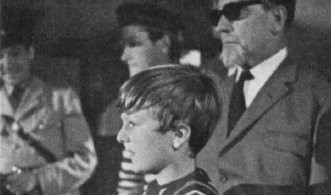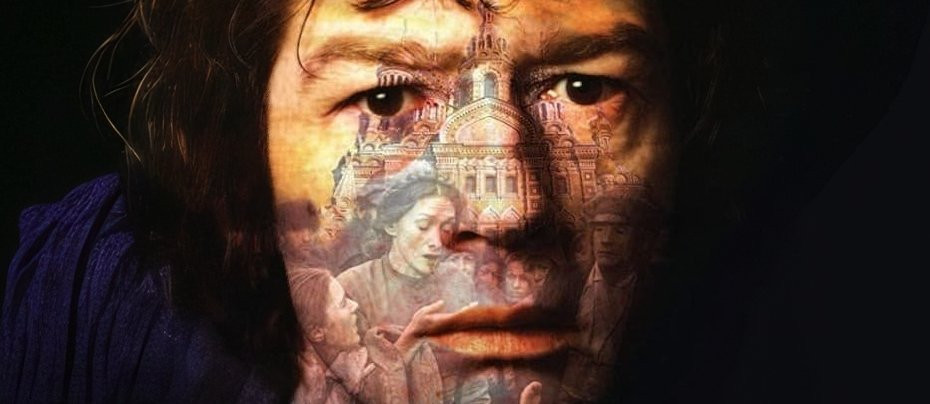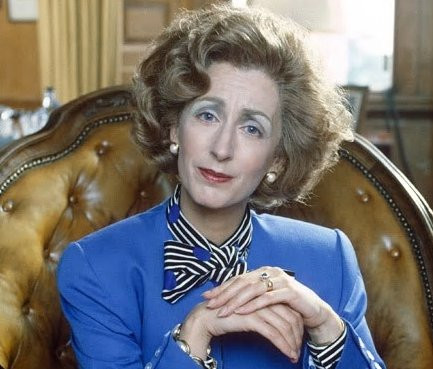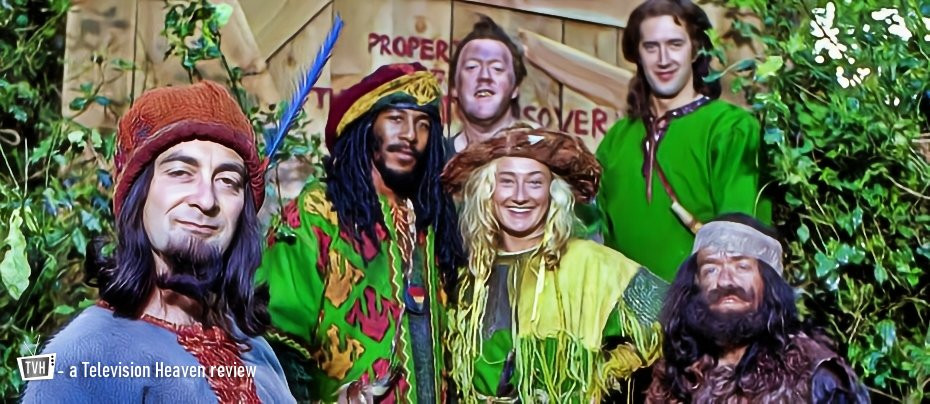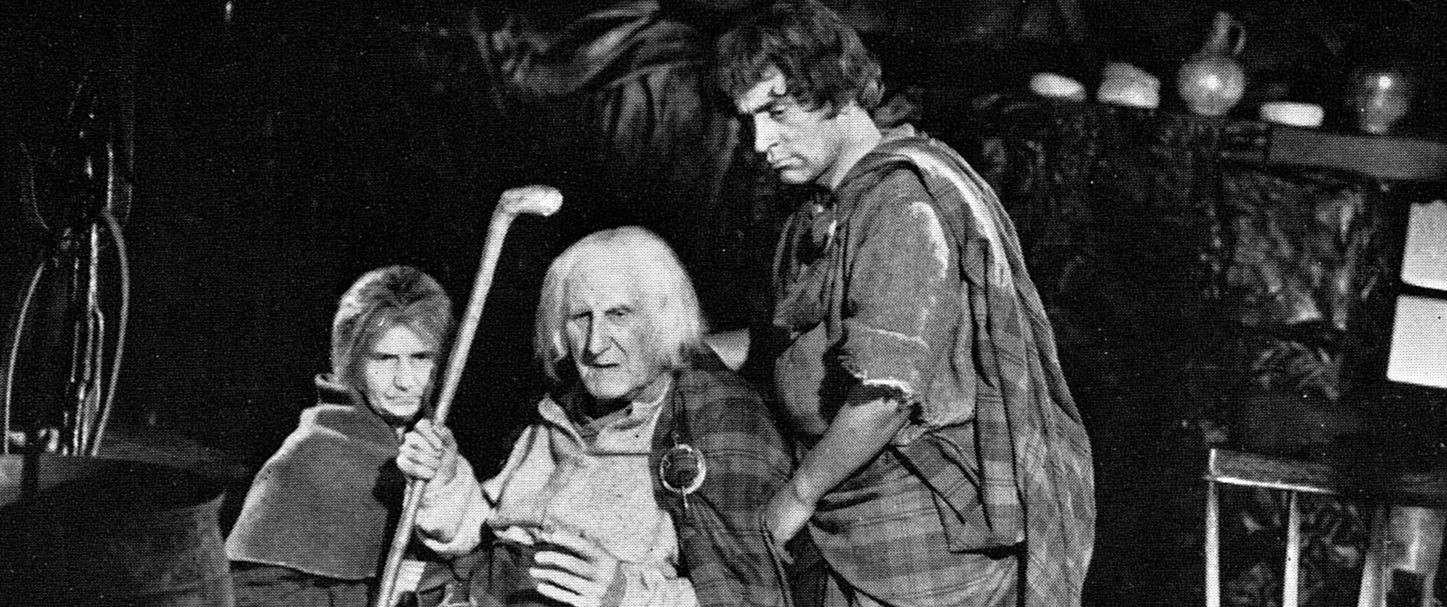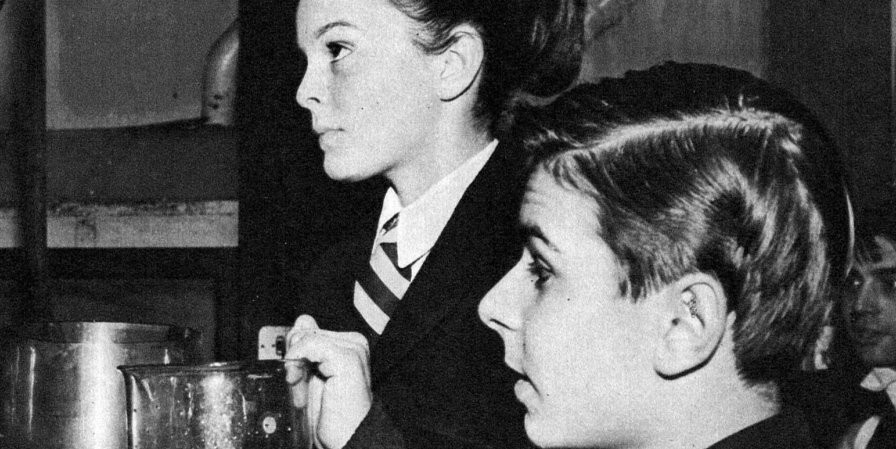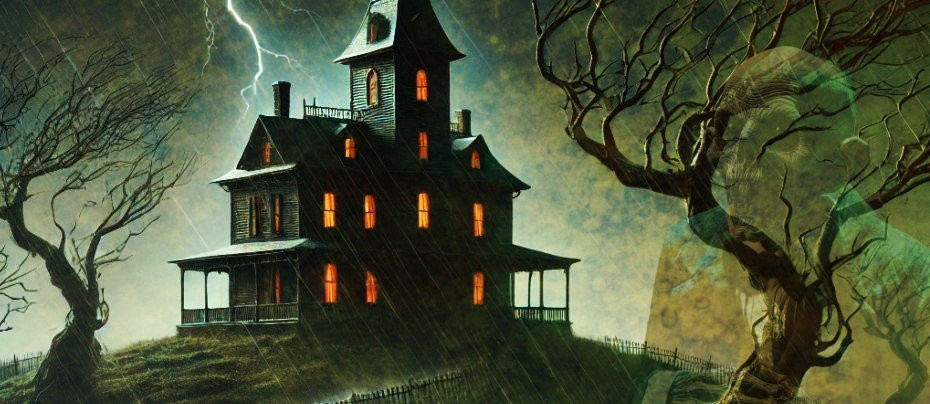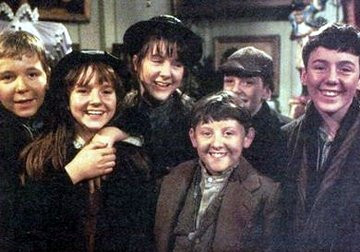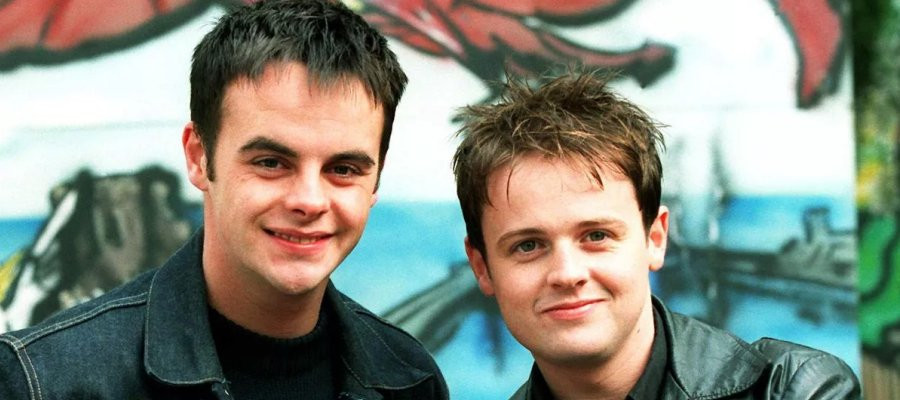
Byker Grove
1989 - United KingdomFar from the bright, safe bubble often associated with children's TV, Byker Grove stood defiantly apart as a gritty, uncompromising series that pushed boundaries and reshaped the landscape of youth television in the UK. Contrary to the lingering misconception that it was designed for young children, Byker Grove was firmly aimed at teenagers and young adults — and it never shied away from the tough topics that mattered.
Set in Newcastle and steeped in the distinctive Geordie dialect, the series was born from a bold vision by producer Andrea Wonfor, who sought a North East-based drama that could reflect the raw realities of youth. Teaming up with veteran Coronation Street writer Adele Rose, Wonfor launched Byker Grove with a six-episode pilot that immediately struck a chord. The pilot introduced Julie (Lucy Walsh), a teenager from the Home Counties, who arrives in Newcastle to escape the fallout of her parents' breakup. She finds refuge at Byker Grove, a youth club run by the stern but caring Geoff Keegan (Billy Fane), known for his impressive moustache and no-nonsense attitude. The Grove quickly becomes a surrogate family for a group of vulnerable and displaced youths.
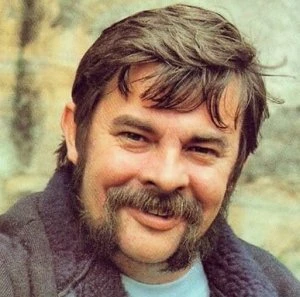
Audiences quickly connected with the show’s diverse and relatable cast. Its raw, unapologetic Northern realism brought a bold freshness to television, unafraid to confront issues like racism and adolescent sexuality with directness rarely seen before the watershed. The show's immediate popularity led to its expansion into a twice-weekly series. Centred on the Grove, the youth club setting proved an ideal backdrop for exploring the struggles and complexities of teenage life.
From drug addiction and teen pregnancy to homelessness, child abuse, and homophobia, Byker Grove delivered hard-hitting narratives with an authenticity that resonated. Tragedy was no stranger to the show — whether it was PJ's shocking blinding in a paintball accident, Amanda’s harrowing descent into addiction, or the death of Geoff Keegan in a gas explosion. These weren't mere plot devices; they were deeply human stories that reflected the injustices and consequences of real life.
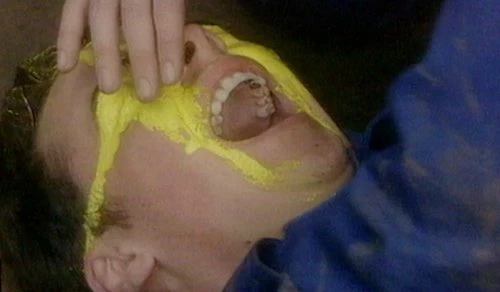
The show’s moral centre was often embodied in the kindly but firm Lou Gallagher (Anne Orwin), who ran a foster home that became a haven for several characters. Rarely set in school — an unusual trait for teen dramas — Byker Grove focused instead on where its characters found community, identity, and conflict: the Grove itself.
Byker Grove also played a major role in launching the careers of major UK entertainment figures, most notably Anthony McPartlin and Declan Donnelly — better known today as Ant & Dec — who portrayed PJ and Duncan. Their evolution from beloved teen characters to pop stars (and later national TV icons) started right here, with unforgettable moments like PJ's infamous candlelit seduction antics and a controversial condom-buying scene that stirred real-life parental outrage.
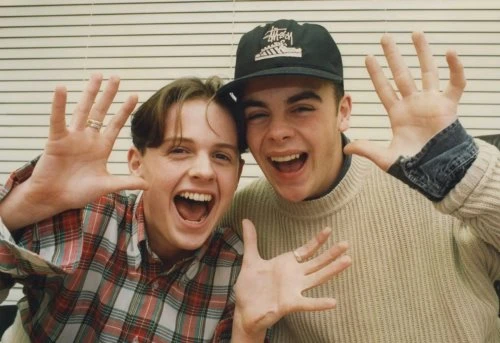
Beyond its entertainment value, Byker Grove was courageous. It didn’t flinch when presenting taboo topics like self-harm, death, and sexuality. The now-historic scene where Noddy kissed his male friend Gary sparked national outrage, yet it also drew praise and support from LGBTQ+ youth, educators, and parents — and the BBC stood firmly behind the storyline.
For all its drama, Byker Grove was never without humour and heart, often infused with music, cheeky banter, and youthful mischief. But it remained clear-eyed in its belief that life isn’t always fair, and that the consequences of choices — even for young people — are very real. The series was included by The Guardian in a 2018 list of "definitive" shows for teenagers.
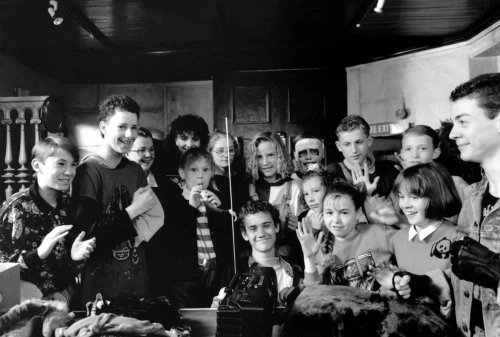
Tragically, the series was ultimately undone not by flagging creativity but by shifting BBC policy, which began targeting programming at an under-11 demographic. The final run in 2006, aired only on the digital CBBC channel, was a sanitized shadow of the show’s former self — a quiet, unworthy end to what had once been a loud and fearless voice for teens.
Seen this show? How do you rate it?
Seen this show? How do you rate it?
Published on August 8th, 2025. Written by Laurence Marcus for Television Heaven.


